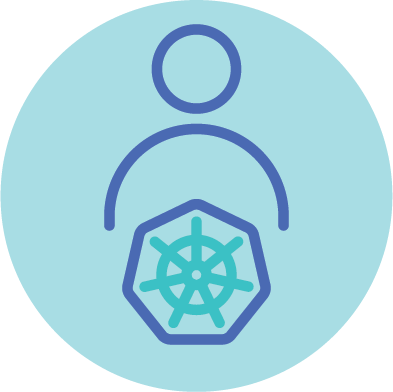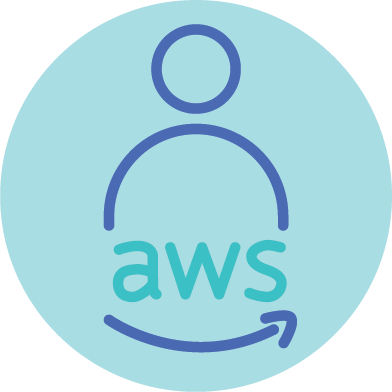Optimize IT operations to bring business focused values
Keeping your business operations running smoothly is essential. Observability and Monitoring are key aspects of Site Reliability Engineering (SRE) that help in understanding what’s happening in your system and ensure the availability and reliability of your infrastructure, cloud, and applications.
While observability provides real-time insights to identify and address issues before they affect customers, monitoring protects against known failures. We partner with enterprises to bring preventive maintenance to the forefront of your 24/7 application monitoring agenda and deliver enhanced customer experiences, overcome critical business challenges such as service outages and downtimes.
%20(1).webp)




Site Reliability Engineering (SRE) is a discipline that combines software development and operations. It aims to ensure the continuous health and performance of applications and services through observing and monitoring the key performance indicators - Latency, Traffic, Errors and Saturation. These indicators are known as ‘golden signals of monitoring’.
Site Reliability Engineers are skilled in code and automation, they use tools and techniques to reduce repetitive tasks and optimize system health. Their responsibilities include maintaining service reliability through both reactive measures, such as troubleshooting incidents, and proactive strategies like monitoring system performance through observability. SRE engineers are also responsible for designing, building, and maintaining systems that are scalable, reliable, and efficient. They manage capacity and scalability and work closely with development teams to enhance system reliability, service availability to maximize your business outcomes.
Traditional operations or system administration often focuses on managing and maintaining existing systems, whereas SRE takes a more proactive approach by utilizing software engineering techniques to automate tasks, improve system reliability, and drive innovation through observability based proactive monitoring. SRE promotes collaboration between development and operations teams and promotes shared responsibility for the system’s reliability.
Srijan's approach to SRE is comprehensive and strategic, focusing on several key areas:
Through these principles, Srijan delivers reliable, efficient, and user-friendly systems.
Subscribe to our newsletter